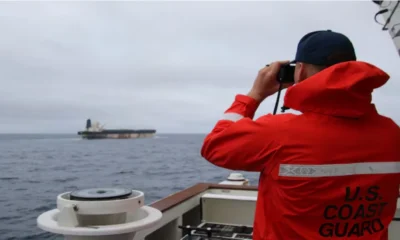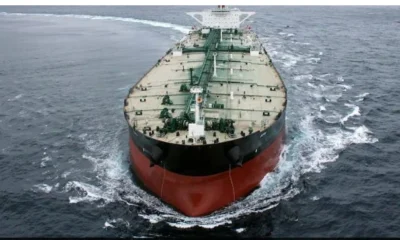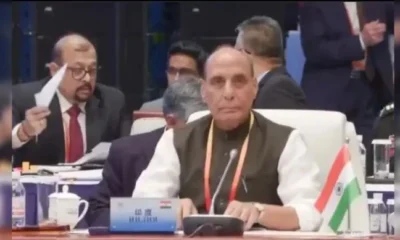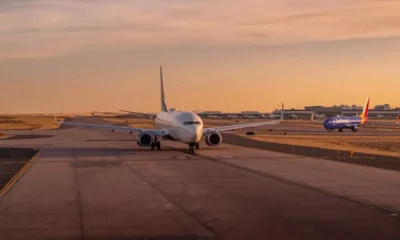Panellists feel that the US waiver on Iran oil imports is a strategic win for India, but alternative plans must be ready
With eight countries, including India, getting a conditional waiver from the States to buy Iranian oil after it re-imposed sanctions on the Persian Gulf nation, Indian oil importers have secured temporary reprieve. APN’s popular debate Mudda discussed the issue. Anchorperson Anant Tyagi posed questions to BJP’s Dr Vijay Khera, Iran and foreign affairs expert Col Fasi Ahmed (retired), former diplomat JK Tripathi and APN consultant Govind Pant Raju.
Col Ahmed said: “The move indicates that there have been decisive talks to iron out the issue. It is not easy for the US to relax curbs, but we get 15 percent defence imports from the US, and so the US, too, cannot ignore India. On the other hand, China’s ambitious moves need to be curtailed. China is trying to be self-reliant in defence matters, and is emerging as a tall leader in southeast Asia. Having said that, this is a golden time for India because of its strategic location.”
Raju said: “Dialogue helps to move forward. The Indo-US relations are good. Crude oil prices have come down. It is in the US’s interests also to look at both diplomatic and economic gains. If the US acts tough, the impact will be felt in that country, too. Sushma Swaraj had made it clear that India will look at UN curbs and not US curbs on Iran. An indication was given at the two plus two meetings that India will watch its interests despite America’s tough talk.”
Col Ahmed said: “Crude oil is a determining factor in foreign relations. On the one hand, Reliance has stopped buying oil from Iran, and Essar, too. On the other hand, America is interested in India because India is a huge defence market. The US is being careful. France and Germany, too, are watching the situation. It is not so easy for the US to isolate Iran.”
Tripathi said: “We can start talks with Venezuela, Yugoslavia, and Nigeria as part of an alternative Plan B. We could have a cartel to procure cheaper oil. India has not been told to completely end procuring oil from Iran. In two plus two meetings, it had become clear that US cannot afford to ignore other countries, including EU or India. The US does not want to miff India.”
Dr Khera said: “PM Modi had sent out a strong message when the Iranian payment was cleared, without coming under any pressure from the US. That was a victory of Modi and his policies.”
To this, Anant wanted to know why imports from Iran have been halved. Khera said: “That’s not the point. We still have relations with Iran.”
Tripathi said: “Despite warning from the US, India has bought defence parts from Russia in the past. India has showed time and again that it can act independently. But it’s not correct to say that this kind of diplomatic victory is only Modi’s. Diplomatic ties are always strategically discussed at top level meetings.”
Raju said: “India needs to keep its relations with Iran. Just as diplomatic ties with the US help India, similarly Iran’s ties are significant, especially if you see the Chabahar port. It helps India in the Gulf strategically. Moreover, India has a huge Shia population, so there are cultural relations as well, and India cannot sacrifice these at all.”
Tripathi said: “The issues are far more complex and intertwined. When the US was contemplating sanctions against Russia, India still had a rouble-rupee balance. India is BRICS member, China is also friend of US. There are options before India. And India can continue its business with Iran anyway. However, Plan B also needs to be ready with us, and India can be in talks with Yugoslavia and Nigeria.”
Col Ahmed said: “I agree with Tripathi that we have options. We were buying oil from Iran because of our traditional ties also because of economic benefits. No question of ending ties with Iran. Despite NAM we had a rupee-rouble trade during the entire Cold War era. Nigeria and Venezuela are other options to probe. There could be a loose arrangement for mutual benefits. After Iran, India has the biggest Shia population, and so India will not want to be cold to Iran. We have shown our perseverance in the past. The US is not going to be so senseless that it will sacrifice its economic interests at the cost of Iran sanctions.”
Raju said: “There might be some pressure from the US, but India has faced that in the past, too. It is not good for the US to put India under intense pressure.”
Tripathi said: “We don’t have sufficient oil reserves. But we have increased ties with Iraq, in view of the strain in US-Iran ties. Venezuela, Nigeria and Vietnam are also part of the contingency plans. The US has so much reserves that it can go on for four years. We should have similar preparation.”
Khera said: “We have reservoir of 21 days, and this is far better from the earlier seven days. We have delicately maintained relations with Iran without being on the wrong side of the US. Despite US tough talk, India has made payments to Iran, and America could do nothing.”
Col Ahmed said: “It is irrelevant to talk of direct confrontation. Chabahar is our strategic asset, but for the US too, Chabahar is important.”
Raju said: “Till May 2019, when the polls will be over, the centre has relief till that time. Having said that, it’s not a small matter, and India will have to keep on the diplomatic dialogue and be alert enough to guard its interests.”
Anand asked Khera if the government is ready with Plan B. Khera said: “Let’s focus on the current scenario. From the BJP’s point of view, right now it is a big relief.”
—Compiled by Niti Singh Bhandari

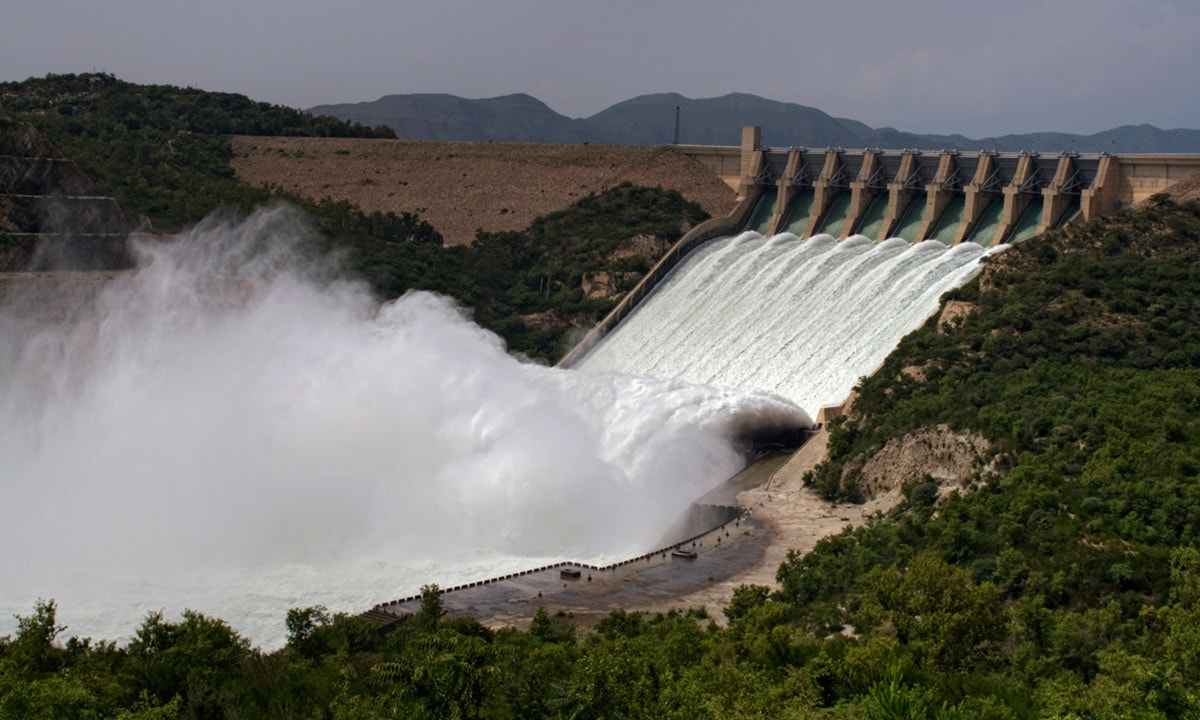
 Latest world news22 hours ago
Latest world news22 hours ago
 India News23 hours ago
India News23 hours ago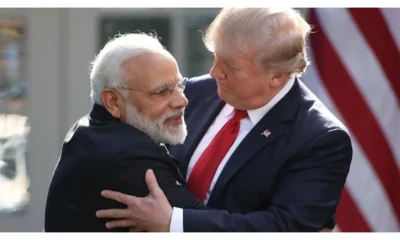
 Latest world news8 hours ago
Latest world news8 hours ago
 India News8 hours ago
India News8 hours ago
 India News7 hours ago
India News7 hours ago
 India News7 hours ago
India News7 hours ago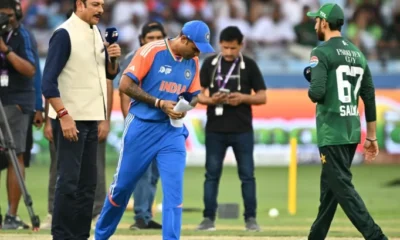
 LATEST SPORTS NEWS7 hours ago
LATEST SPORTS NEWS7 hours ago
 India News3 hours ago
India News3 hours ago
